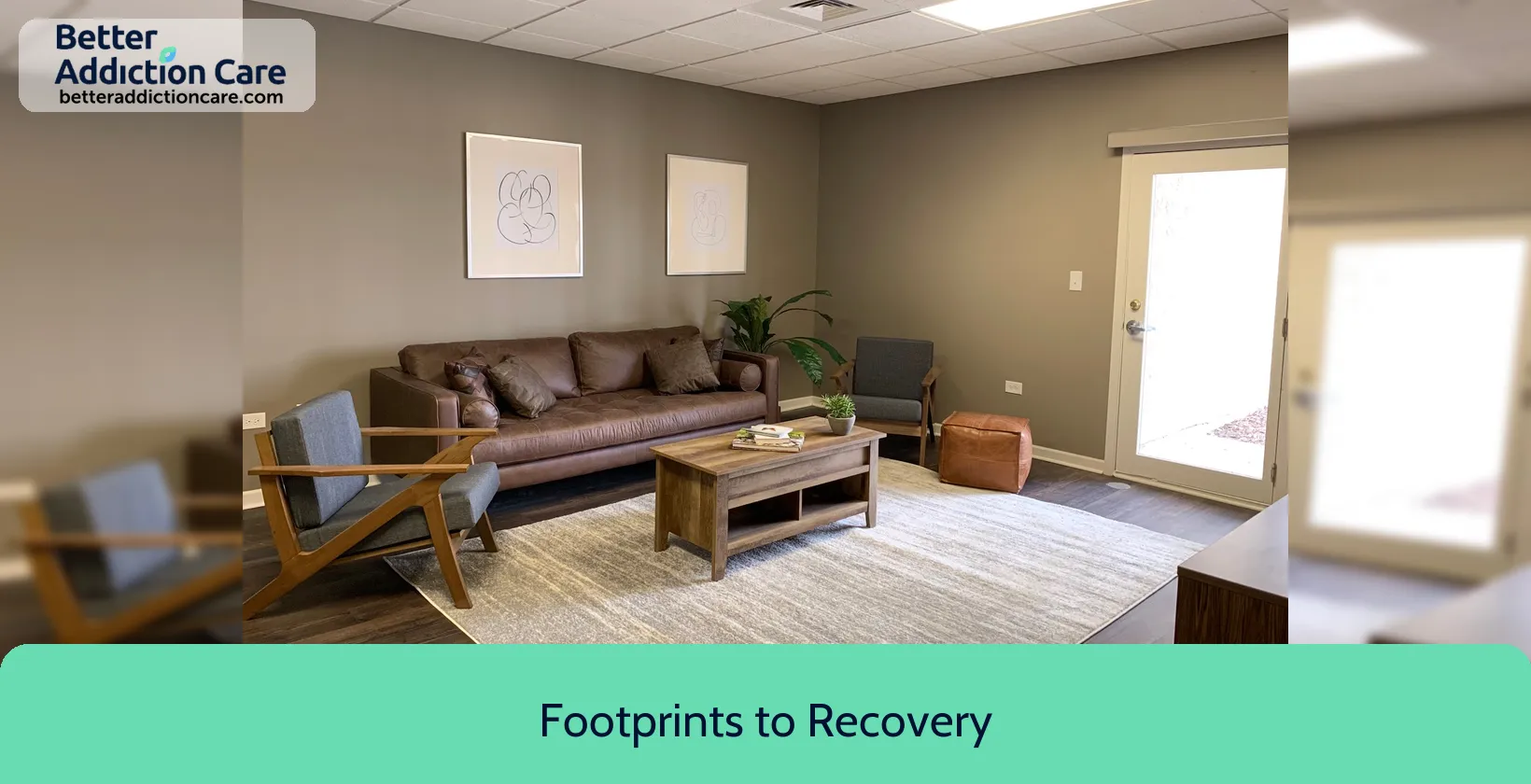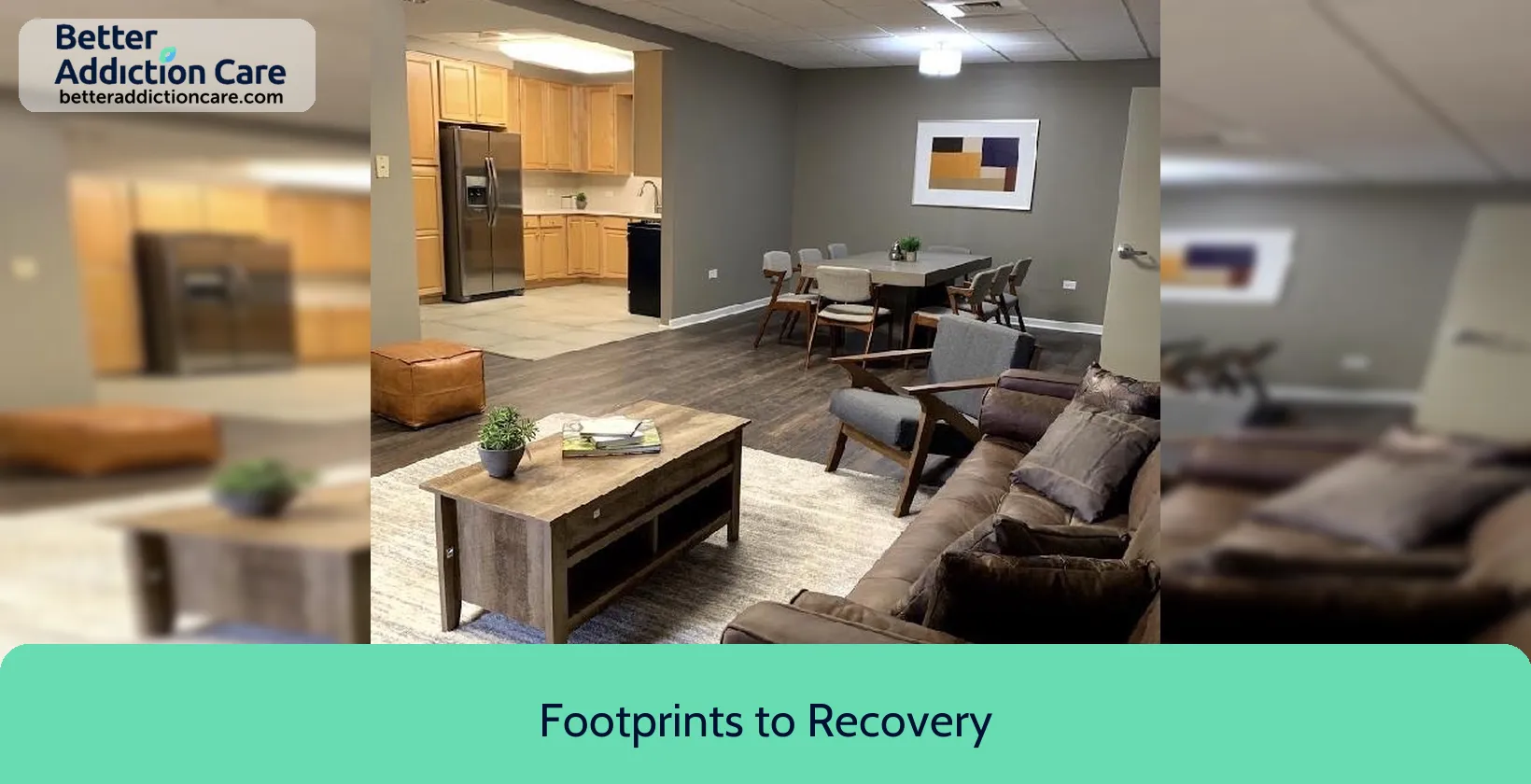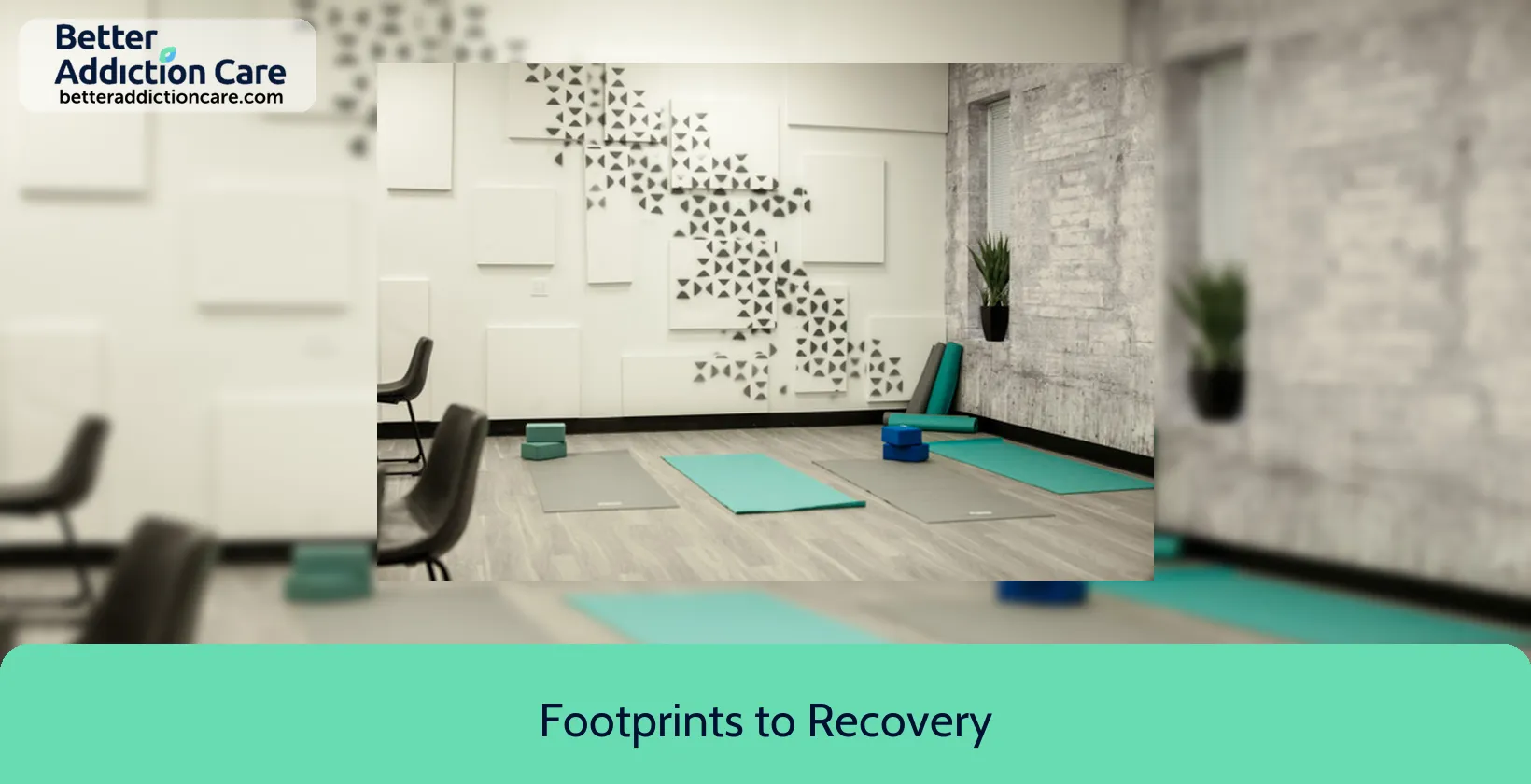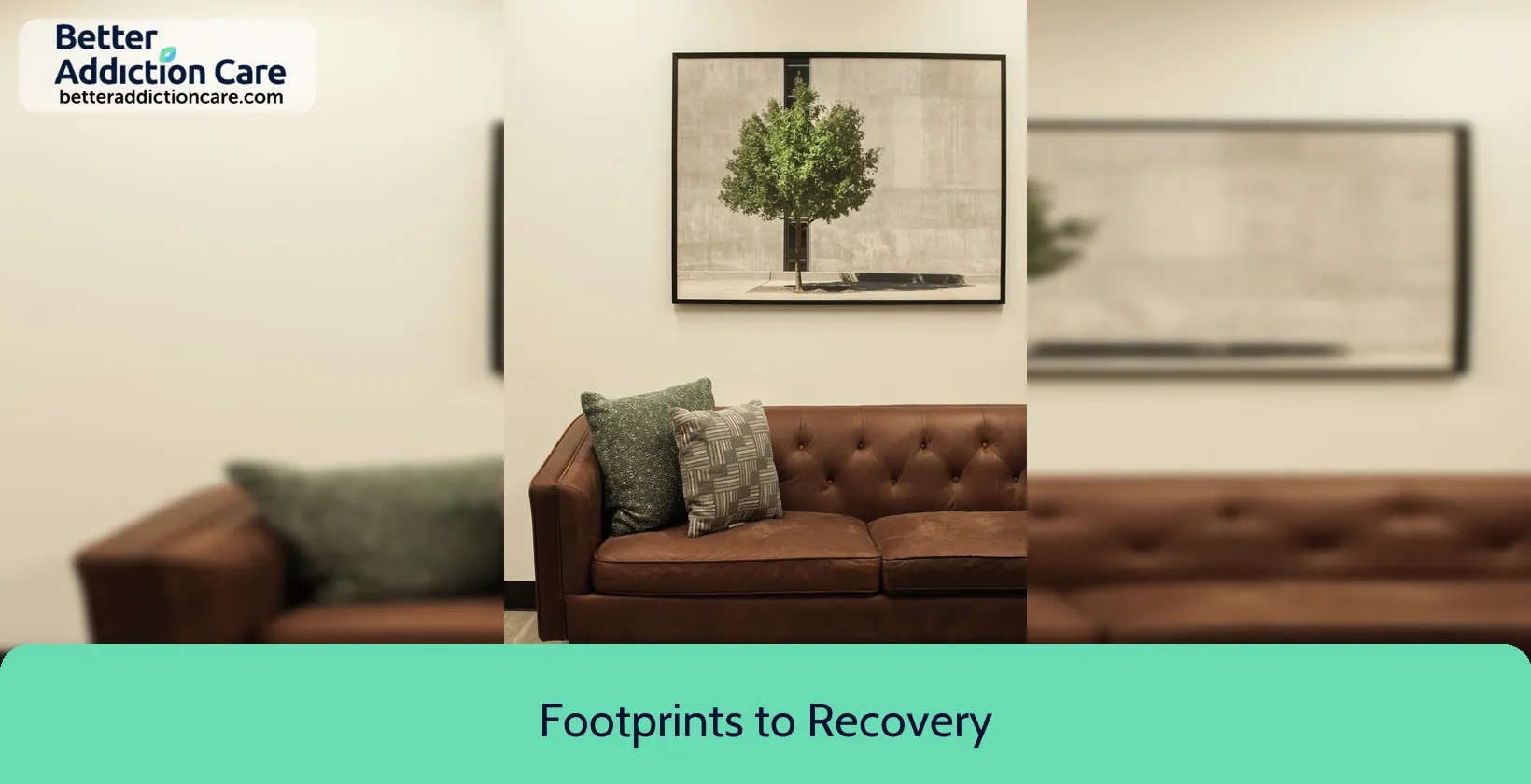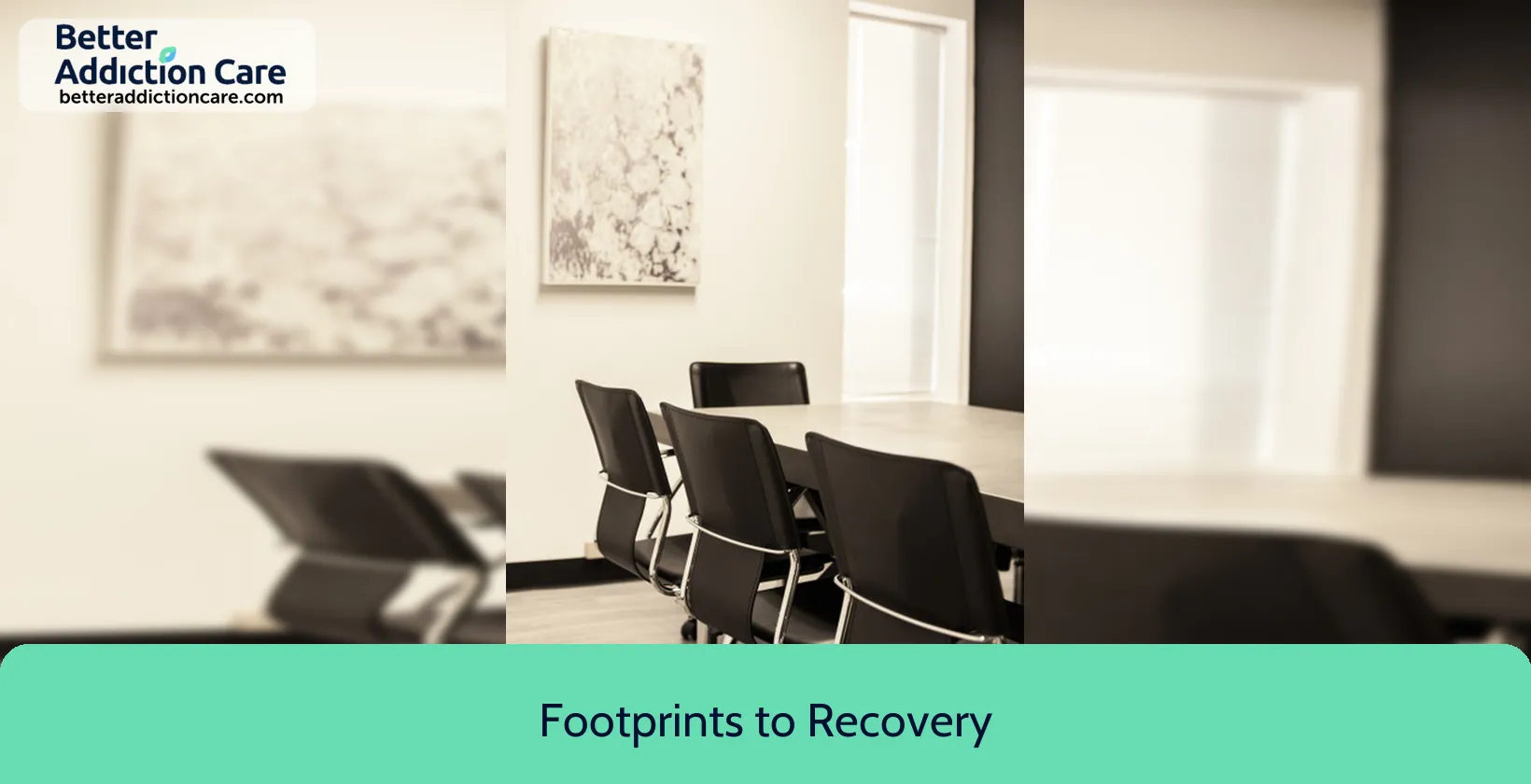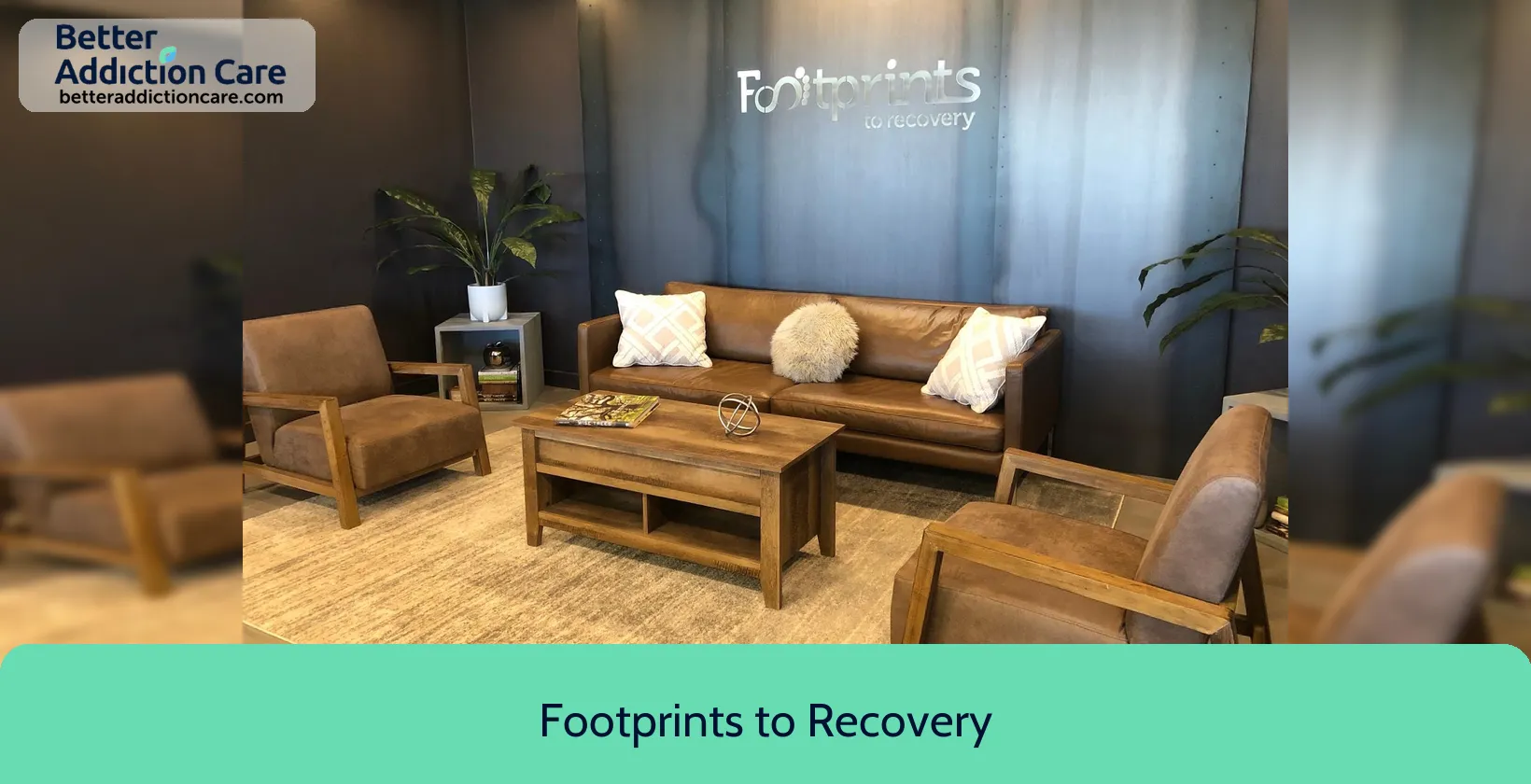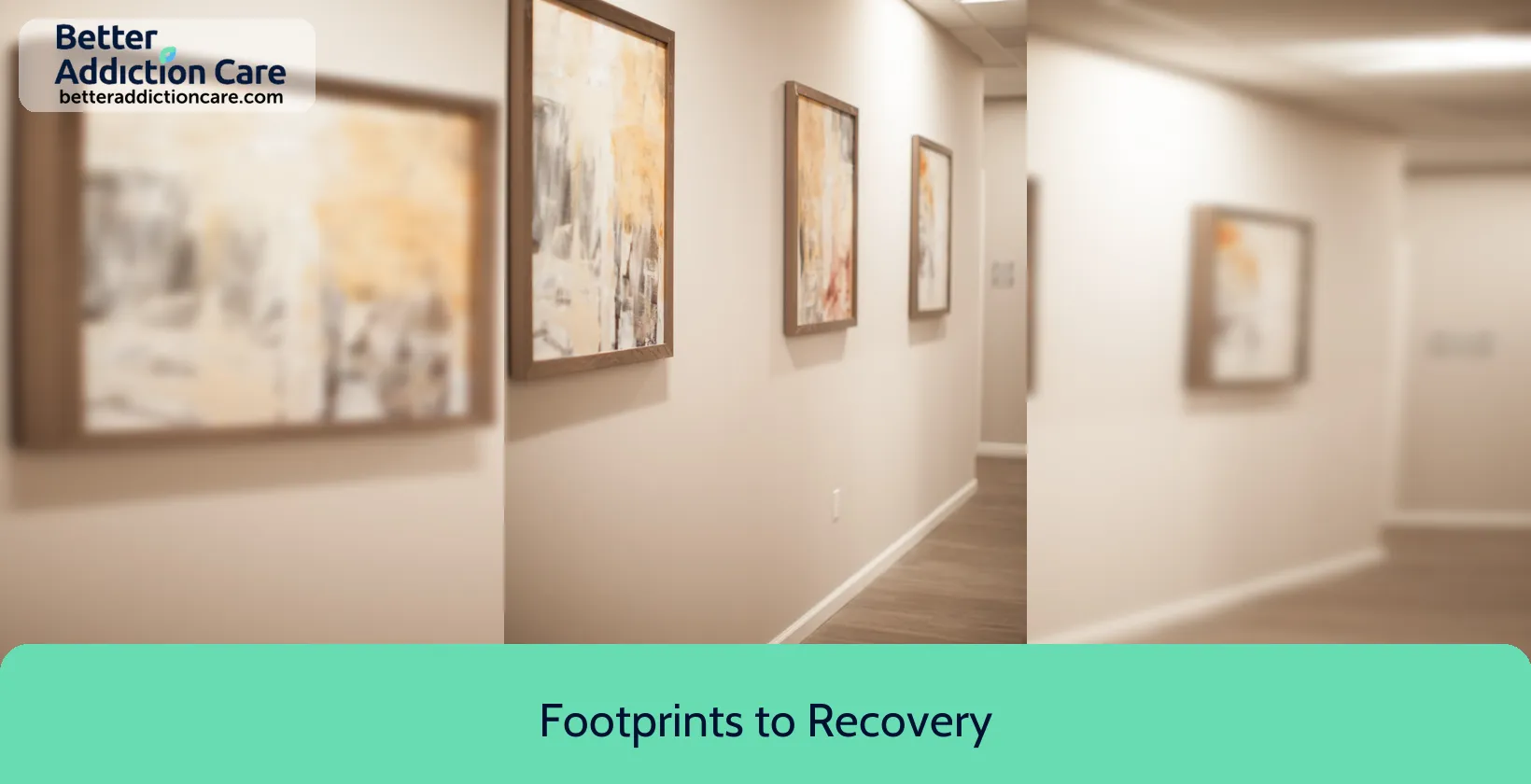Footprints to Recovery
Overview
Aliya Health Group has programs like Footprints to Recovery in Elgin, Illinois, that treat both addiction and mental illness in adults who are abusing drugs and also have a mental illness. Aliya Health Group helps people get better by using a variety of healing methods that are based on scientific proof. Not based on religion or gender, their programs stress personalized care to meet the specific needs of each client.
The facility provides all levels of care, from medical detox to residential treatment to intense outpatient (IOP) and outpatient programs, as well as services for people who have already finished treatment. Cognitive Behavioral Therapy (CBT), Dialectical Behavioral Therapy (DBT), trauma-informed care, family therapy, and holistic treatments like art therapy and yoga are some of the ways that people are treated. Aliya Health Group also backs programs that are specifically designed to help soldiers, first responders, and the LGBTQ+ community with the problems they face. Aliya Health Group makes sure that high standards of care and safety are met by being accredited by The Joint Commission.
Footprints to Recovery at a Glance
Payment Options
- Cash or self-payment
- State-financed health insurance plan other than Medicaid
- Private health insurance
- Federal military insurance (e.g., TRICARE)
- Self-pay options
Assessments
- Screening for tobacco use
- Comprehensive mental health assessment
- Comprehensive substance use assessment
- Outreach to persons in the community
- Screening for mental disorders
Age Groups
- Seniors or older adults
- Young adults
- Adults
- Seniors
Ancillary Services
- Case management service
- Suicide prevention services
- Social skills development
- Transportation assistance
Highlights About Footprints to Recovery
7.79/10
With an overall rating of 7.79/10, this facility has following balanced range of services. Alcohol Rehabilitation: 8.00/10, Drug Rehab and Detox: 8.46/10, Insurance and Payments: 6.27/10, Treatment Options: 8.42/10.-
Drug Rehab and Detox 8.46
-
Treatment Options 8.42
-
Alcohol Rehabilitation 8.00
-
Insurance and Payments 6.27
Accreditations
Commission on Accreditation of Rehabilitation Facilities (CARF):

CARF accreditation is a prestigious recognition for organizations in rehabilitation and human services. It signifies that an organization meets rigorous quality standards and is committed to providing top-notch care. Achieving CARF accreditation involves a thorough evaluation process, including on-site surveys, to ensure excellence in programs and services. This accreditation boosts an organization's credibility, assures clients and funders of quality, and promotes ongoing improvement in the field of rehabilitation and human services.
The Joint Commission:

The Joint Commission, previously known as JCAHO, is a nonprofit organization that accredits rehabilitation organizations and programs. Established in 1951, its mission is to enhance the quality of patient care and showcase excellence in healthcare delivery.
Effective date: 10/02/2017
Registration: 605801
SAMHSA certification for opioid treatment program (OTP):
Accreditation by the Substance Abuse and Mental Health Services Administration (SAMHSA) for Opioid Treatment Programs (OTPs) signifies that a program has met strict standards for providing high-quality care to individuals with opioid use disorders. It assures patients, families, and communities that the OTP follows evidence-based practices, employs qualified staff and maintains a safe and effective treatment environment. This accreditation reflects the program's commitment to addressing the opioid epidemic and promoting recovery.
State department of health:

State Licenses, issued by government agencies, authorize rehabilitation organizations to legally operate within designated geographical areas. The specific licenses required for operation are typically determined by both the nature of the rehabilitation program provided by the facility and its physical location.
Registration: 100486
LegitScript:

Only programs and services that successfully navigate a stringent application process launched in 2018 are granted LegitScript certification. This stringent process ensures that only reputable providers of mental health and co-occurring substance abuse treatment are eligible to be featured on Google's network while complying with HIPAA privacy laws.
Treatment At Footprints to Recovery
Treatment Conditions
- Alcoholism
- Mental health treatment
- Substance use treatment
- Co-occurring Disorders
Care Levels
- Outpatient
- Outpatient methadone/buprenorphine or naltrexone treatment
- Outpatient day treatment or partial hospitalization
- Intensive outpatient treatment
- Regular outpatient treatment
Treatment Modalities
- Cognitive behavioral therapy
- Telemedicine/telehealth therapy
- Substance use disorder counseling
- Trauma-related counseling
- Smoking/vaping/tobacco cessation counseling
Ancillary Services
Languages
- English
Additional Services
- Pharmacotherapies administered during treatment
- Mentoring/peer support
- Breathalyzer or blood alcohol testing
Special Programs
- Clients with co-occurring mental and substance use disorders
- Veterans
- Active duty military
- Members of military families
- Criminal justice (other than DUI/DWI)/Forensic clients
Get Help Now
Common Questions About Footprints to Recovery
Contact Information
Other Facilities in Elgin

6.62

7.71

6.80
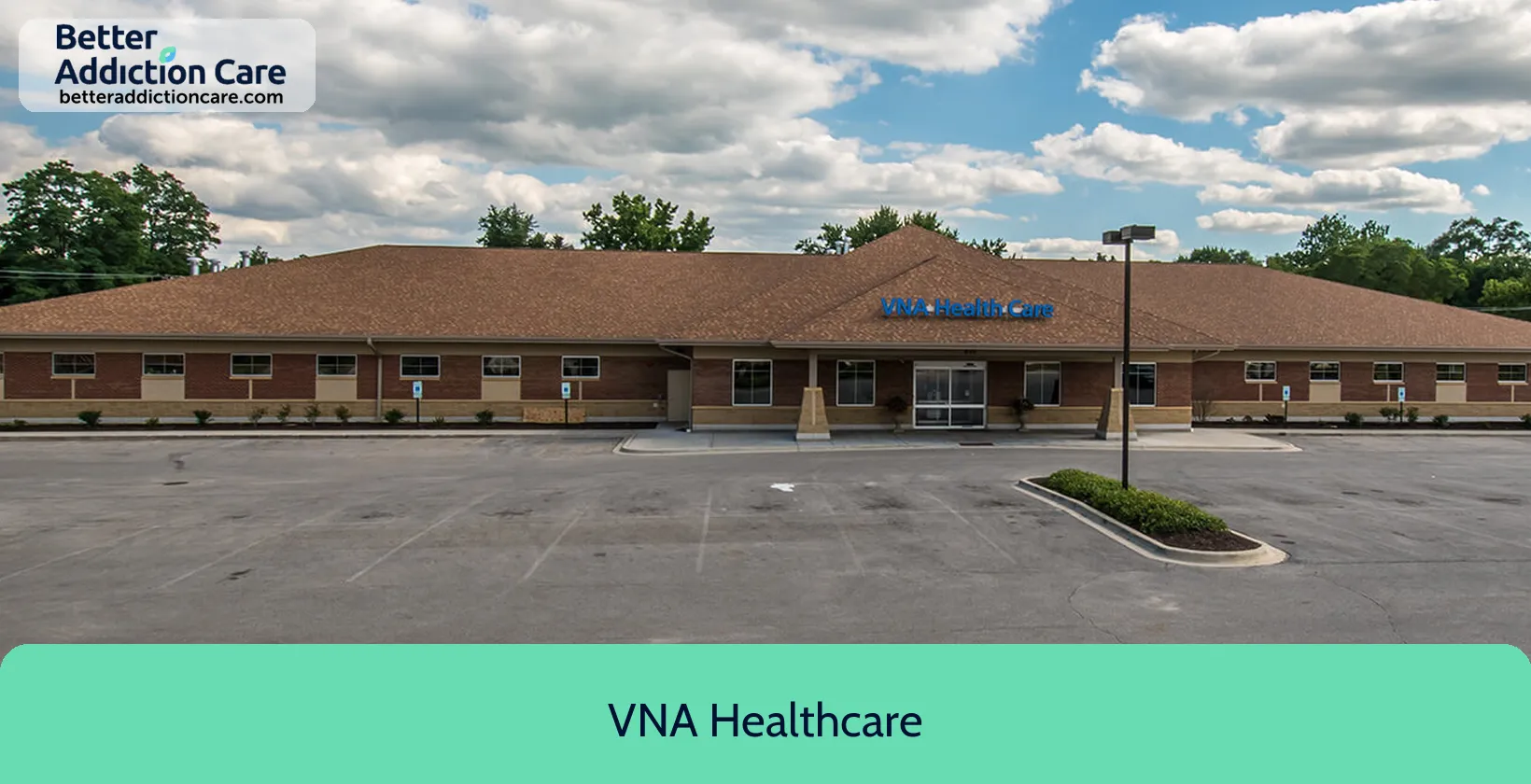
6.62
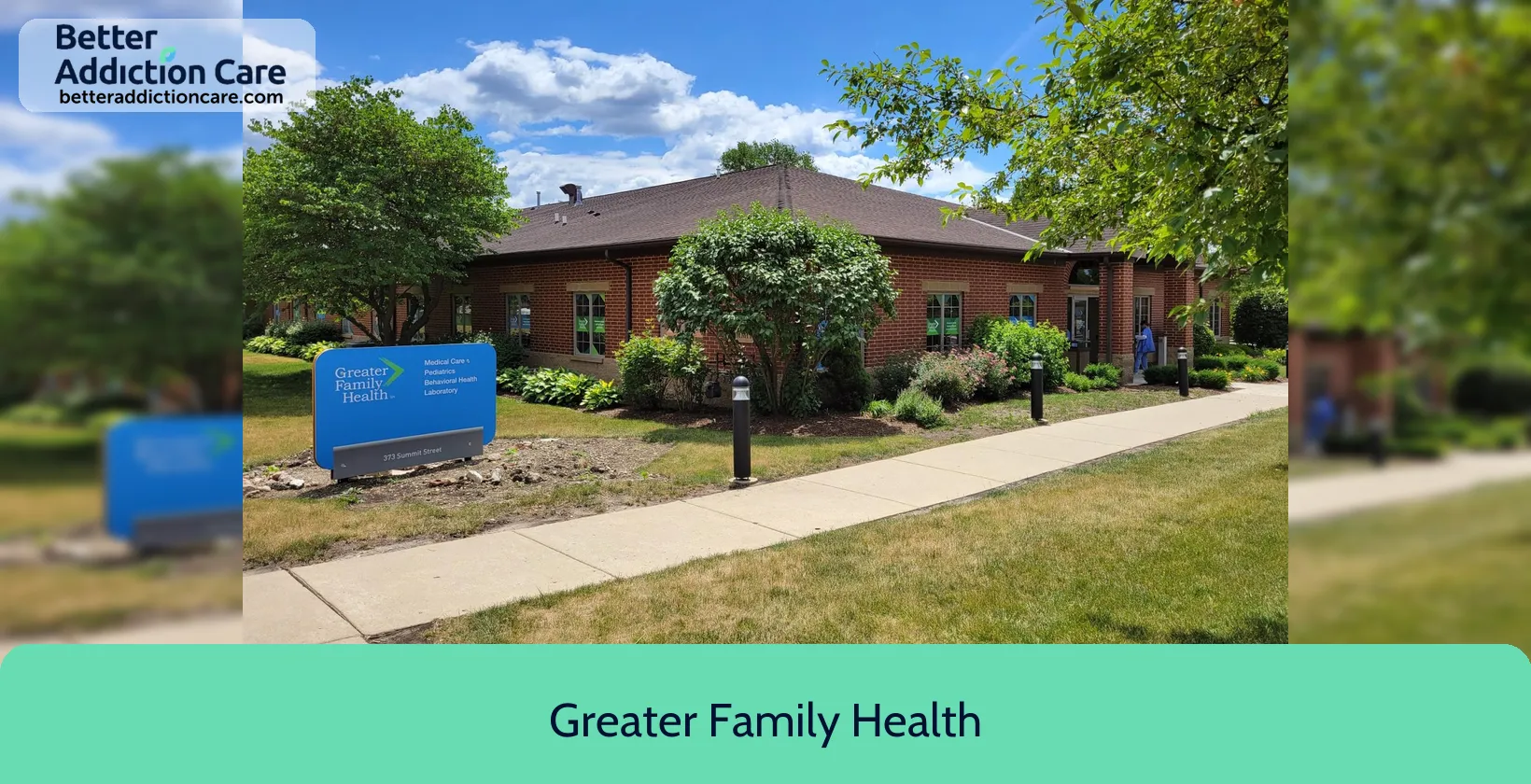
7.39
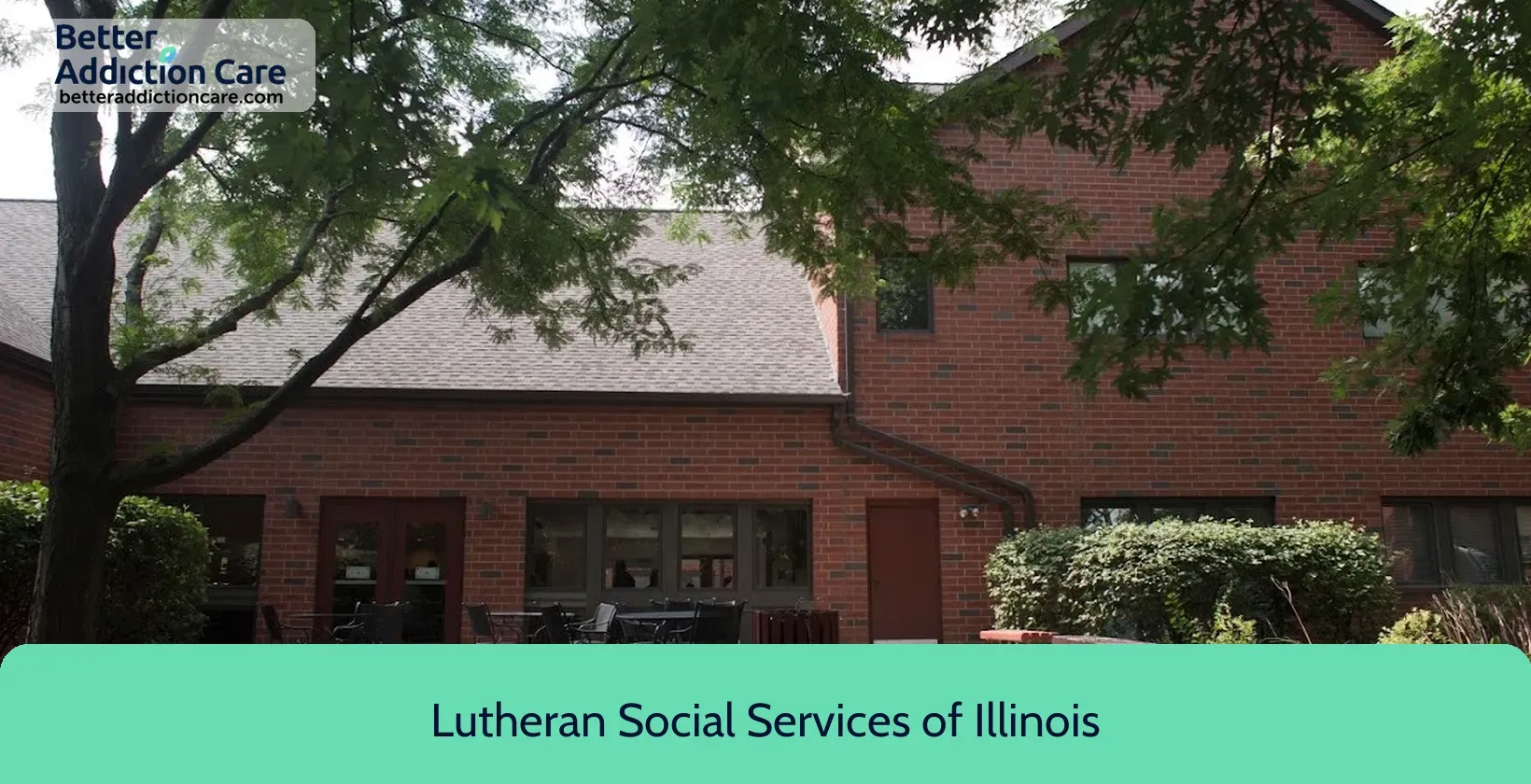
6.82
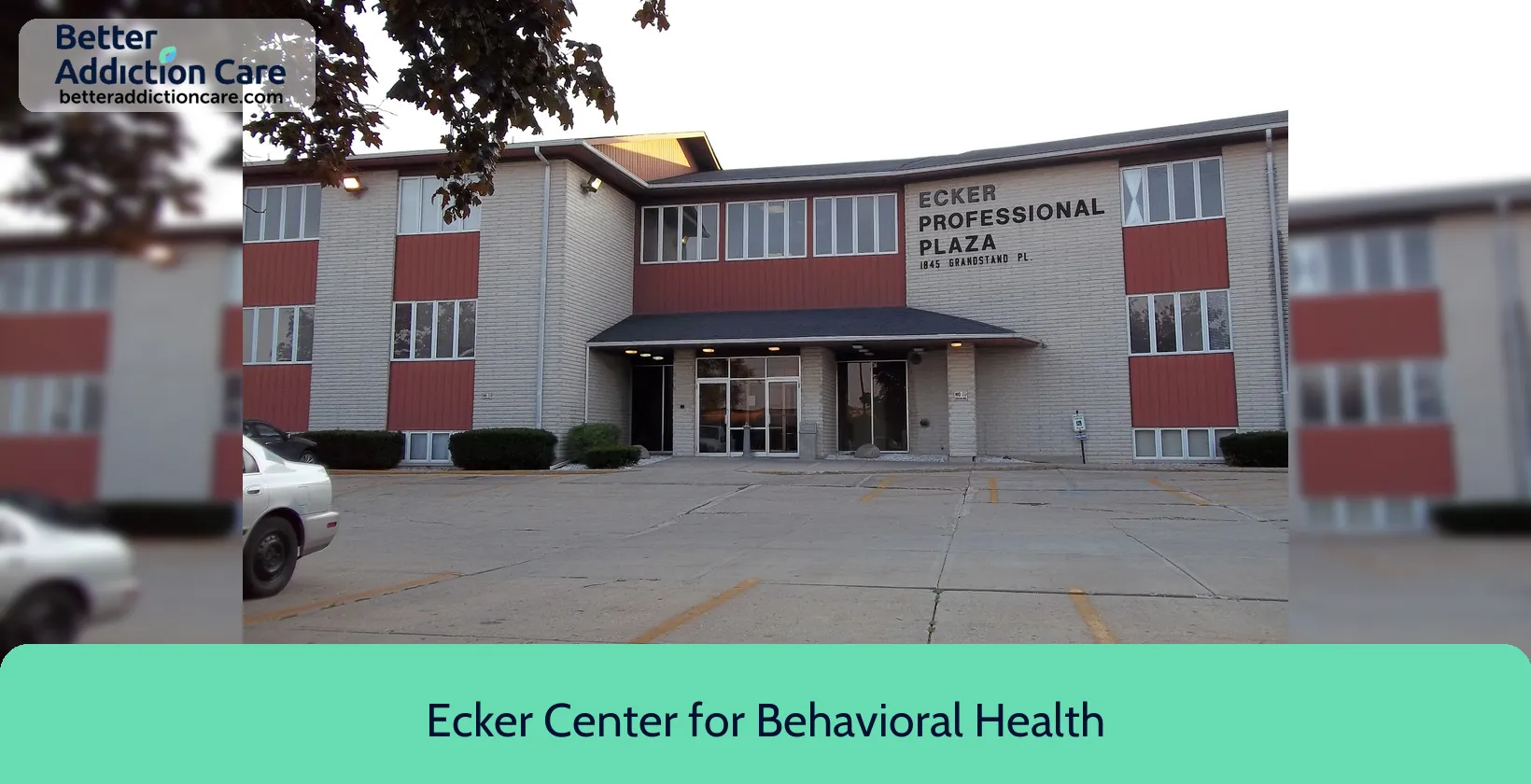
7.41
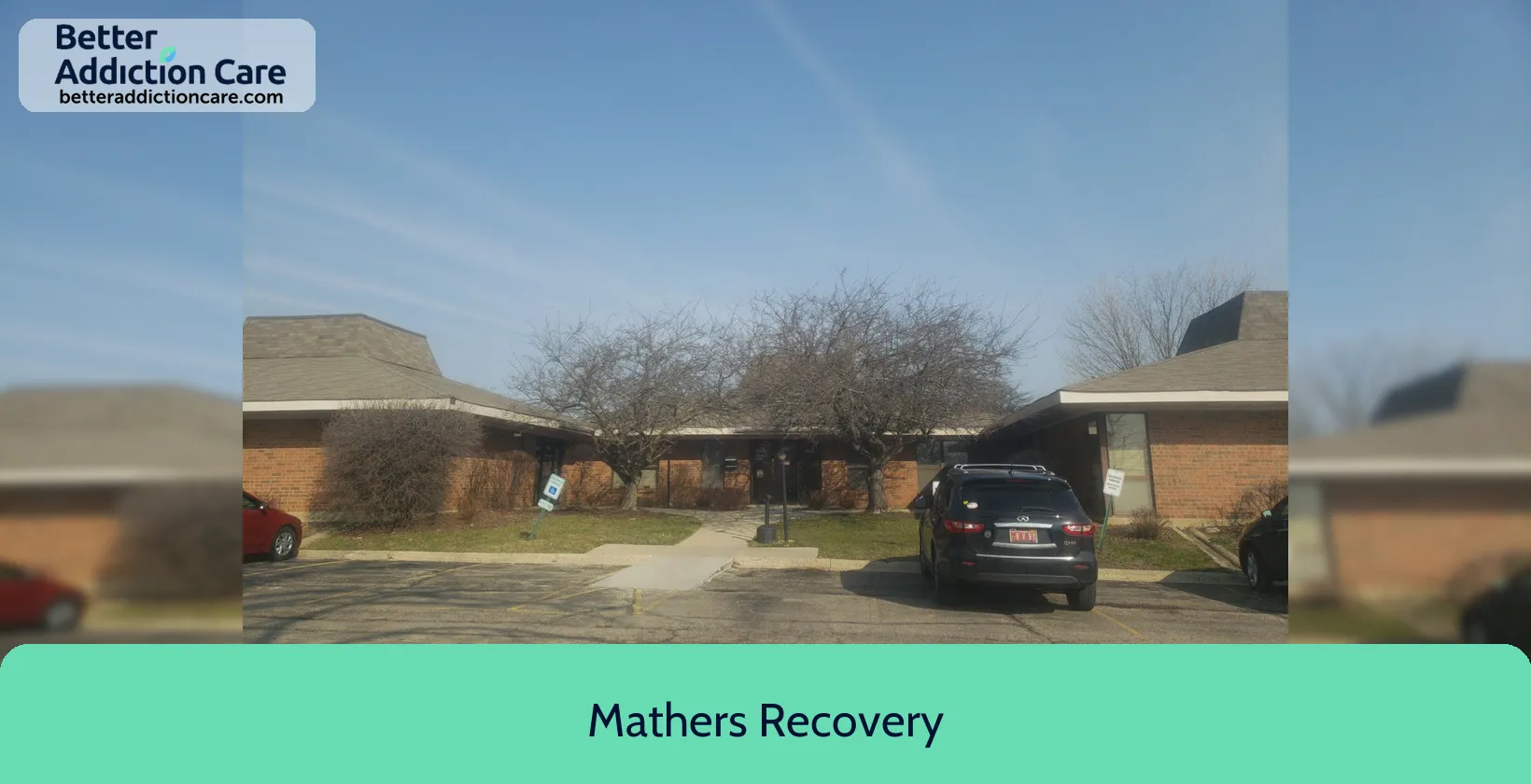
7.90
DISCLAIMER: The facility name, logo and brand are the property and registered trademarks of Mathers Recovery, and are being used for identification and informational purposes only. Use of these names, logos and brands shall not imply endorsement. BetterAddictionCare.com is not affiliated with or sponsored by Mathers Recovery.
